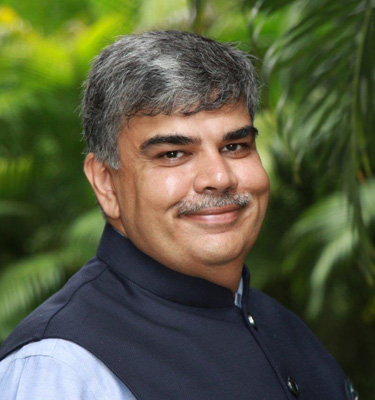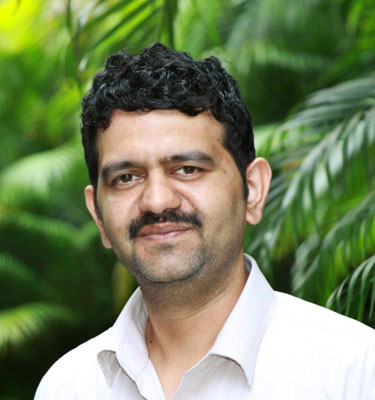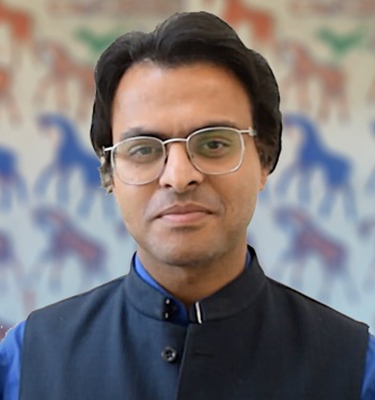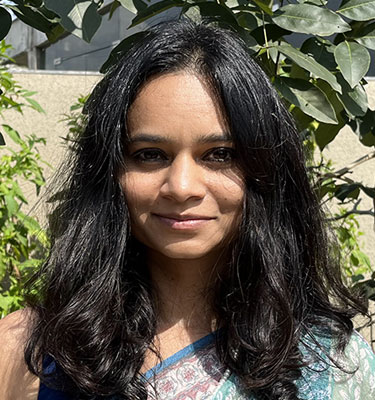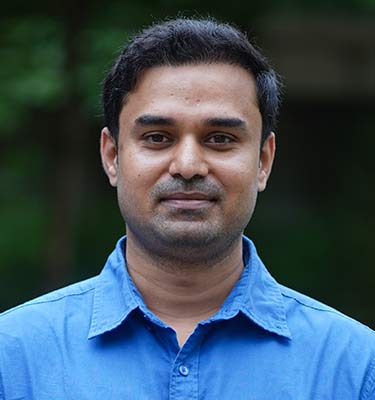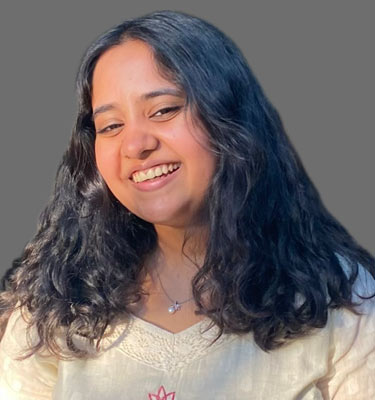DigiNiti: Technology Policy Conclave
17th & 18th March, 2025

Objectives of the Conference
The DigiNiti Policy Conclave aims to foster meaningful connections between students, faculty, and policy experts, creating an inclusive networking environment that bridges academic learning and practical policymaking. Through this platform, participants will have the unique opportunity to form research collaborations that transcend disciplines, encouraging innovative approaches to the integration of technology in governance. The Conclave will culminate in the publication of a post-conference magazine, capturing key insights, research outcomes, and expert perspectives shared during the event. This magazine will serve as a lasting resource, disseminating ideas from the Conclave to a broader audience and inspiring future discourse on technology-driven policy in India.
In order to foster a diverse array of viewpoints on the role of technology in governance, we are currently accepting abstracts for the DigiNiti Policy Conclave. This will enable participants to exchange innovative ideas and contribute to a collaborative knowledge base.
Call for Abstracts
We are currently accepting abstracts from undergraduate, postgraduate, doctoral students and young research scholars enrolled in any program across the country. Independent researchers and practitioners are not allowed to submit abstracts for this conclave. The abstracts must be based on either original empirical evidence or original arguments addressing the core concerns of this conclave. You can find the Abstract Submission Guidelines below in the brochure.
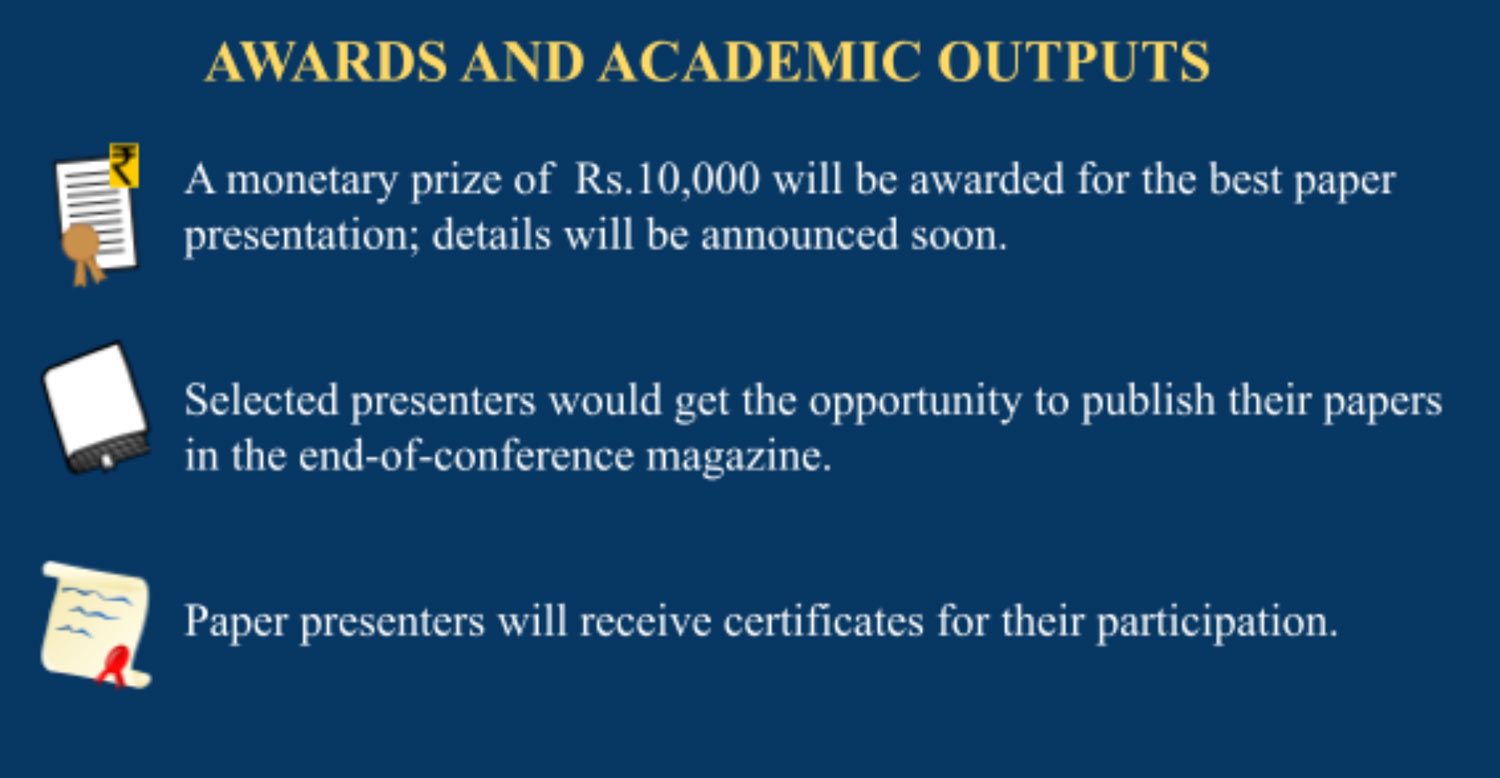
Conclave Theme
The DigiNiti Policy Conclave represents a vision of combining traditional policymaking wisdom with modern technology. Recognizing India’s diverse socio-economic landscape, the Conclave emphasises the importance of evaluating and shaping technologies like Artificial Intelligence (AI) to ensure they benefit everyone fairly. The goal is to strengthen policy frameworks, equipping policymakers to use technology in ways that support national priorities and social well-being.
With panel discussions, lectures, research presentations, and youth forums, DigiNiti provides varied ways for participants to engage. This event aims to inspire current and future leaders to embrace technology as a core part of governance and progress in India.
Sub-Themes for Conference
- The Role of Technology in Governance and Public Policy: Exploring how technology impacts governance and policy effectiveness.
- Fintech Policy and the Future of Digital Finance: Analysing regulations that shape digital financial services.
- Data Privacy, Security, and Ethical AI in Public Policy: Addressing challenges around AI ethics and data protection in policy.
- Smart Cities and IoT-Enabled Urban Governance: Using IoT for more efficient, technology-driven urban management.
- Cybersecurity Policy in Critical Sectors: Ensuring protection for essential sectors from cyber threats.
- Ethical AI and Automated Decision-Making: Examining responsible AI in automated decisions for policy.
- Artificial Intelligence in Public Policy: Applying AI to improve systems of governance and public service.
- Blockchain Technology in Public Systems: Bringing transparency into governance through blockchain applications.
- Reviewing Public Service Delivery from Increased E-Governance: Assessing how e-governance improves efficiency in public services.
- Future of Public Healthcare Systems and Tech Integration: Exploring the role of technology in advancing healthcare systems.
- Introducing Digital Tools for Enhanced Preparedness for Disaster Management: Utilising digital tools to improve response and readiness for disasters.
- AI-Driven Education: The Next Step in Learning and Development
Abstract Submission Guidelines
Please adhere to the following guidelines to ensure a seamless review process. Failure to follow the guidelines will result in immediate disqualification of the submitted abstract.
- The abstract submitted should be under 750 words, with a set of keywords mentioned.
- The document must be typed in Times New Roman, 12-point font and double-spaced.
- Include the title at the top of the document, centre-aligned and in bold. The title must be followed by the author's full name, current academic level and institutional affiliation.
- No more than three authors are accepted per abstract. For papers with multiple authors, all the contributing authors and their institutional affiliations must be included in the byline of the abstract.
- Submissions should align with the theme and sub-themes of the conclave.
- The abstract should concisely convey the research question, key arguments, methodology, findings and conclusion.
- To avoid plagiarism, include any critical citations in the APA 7th Edition format only. Do not exceed three references.
- The document must be submitted to the DigiNiti Abstract Submission Form. The name of the document must follow the following syntax: Your Name_Your Institution_Abstract
The abstracts and papers will be reviewed by an in-house review committee consisting of esteemed FLAME faculty members. The presentations will be judged by the review committee and the panellists
Important Dates
| ANNOTATION | DEADLINE |
| Deadline for Abstract Submissions | 15th January 2025 |
| Notification of Acceptance | 15th February 2025 |
| Poster and Presentation Submissions | 1st March 2025 |
| Conference Dates | 17-18th March 2025 |
Important Note:
All the submissions should be free from plagiarism. The conference committee holds no responsibility for plagiarism. The conference is based on submission of original work. Authors are solely responsible for plagiarism and, if detected, such papers will be removed from the conference.
Advisory Committee
Conference Patron
Vice-Chancellor, FLAME University
MEMBERS
Assistant Professor | FLAME University, Pune
Chair Centre for Economics and Public Policy FLAME University, Pune
Associate Professor | FLAME University, Pune
Founding-Director - Centre for Knowledge Alternatives FLAME University, Pune
Assistant Professor | FLAME University, Pune
Chair Women’s Cell FLAME University, Pune
Assistant Professor | FLAME University, Pune
Organising Committee
Research Assistant | Centre for Economics and Public Policy FLAME University, Pune
Undergraduate Student | FLAME University, Pune
Undergraduate Student | FLAME University, Pune
Abstract Submission
Submit your form by clicking the button below.
Download Brochure
FLAME University
Spread over 70 acres of green expanse, FLAME University stands tall in the heart of Pune. FLAME
University has been established as a state-private university vide the FLAME University Act 2014 (Maharashtra Act No. II of 2015) of the Government of Maharashtra. The university is recognized by the University Grants Commission (UGC) under Section 2(f), and degrees awarded by the university are recognized under Section 22 of the UGC Act, 1956. FLAME University is an ISO 21001:2018 certified educational organisation. The university has been awarded an overall Diamond ranking along with a Diamond ranking in Academic Development, Diversity and Accessibility, Facilities, Faculty Quality, and Research Parameters by Quacquarelli Symonds (QS). FLAME’s postgraduate business program offered by FLAME School of Business has been accepted into the CFA University Affiliation Program and received A* (National) and A** (State) gradings from CRISIL. FLAME University is a member of the Association to Advance Collegiate School of Business (AACSB).
FLAME has revolutionised the way students learn by breaking classroom barriers and providing them with a real-world educational experience that enables them to select their own career paths. Rooted in Indian tradition and emerging as one of the pioneers of liberal education in India, FLAME nurtures thinkers and doers who question the status quo and challenge themselves. FLAME aims to create an environment where students can break free from traditional thinking patterns, unlock their full potential, and embark on a journey of self-discovery.
The FLAME Vision
FLAME University exists to build an aspirational destination for students and faculty, to push the design and nature of studies, and to create a societal upgradation phenomenon, particularly in the fields of liberal education and leadership. FLAME will continue to be a leader in the creation and dissemination of knowledge. Being a pioneer of liberal education, FLAME promotes interdisciplinary teaching and impactful research that inspires new ways of thinking. FLAME believes in transforming society through cultivating wisdom, ethics, and character, and it hopes to pursue these goals in all its endeavours.


